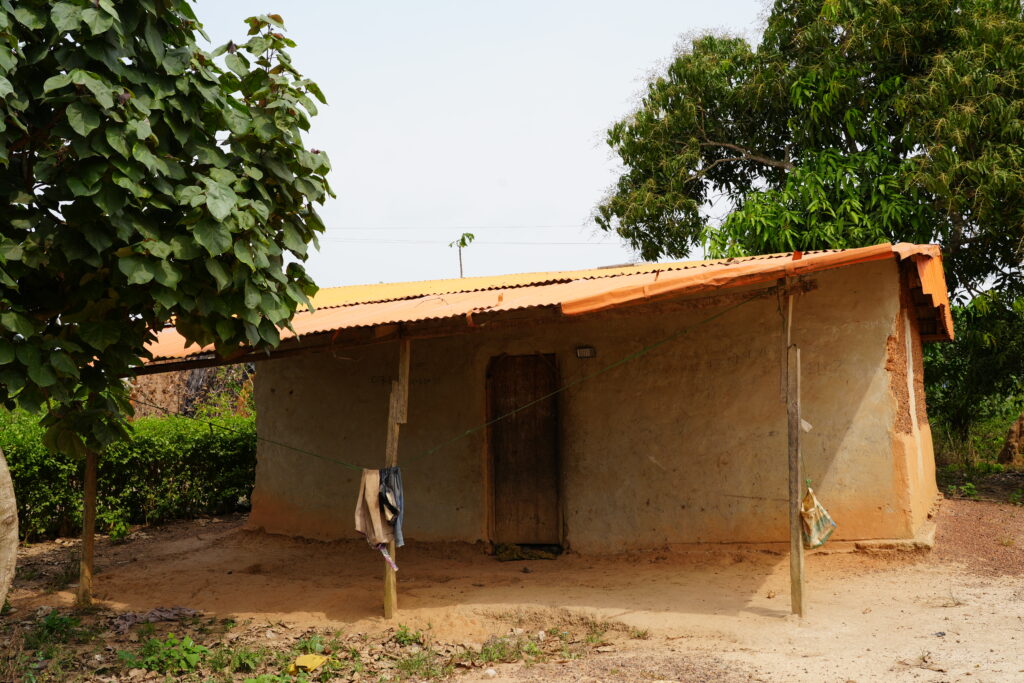Dakouri Alfonsse and Yao Kouamé Kevin: two stories in a thousand
Despite being many years apart and having different lives, Alfonsse's and Kevin's stories with their ETDs have something that sounds similar: the importance of access to diagnosis, medical treatment and medication.
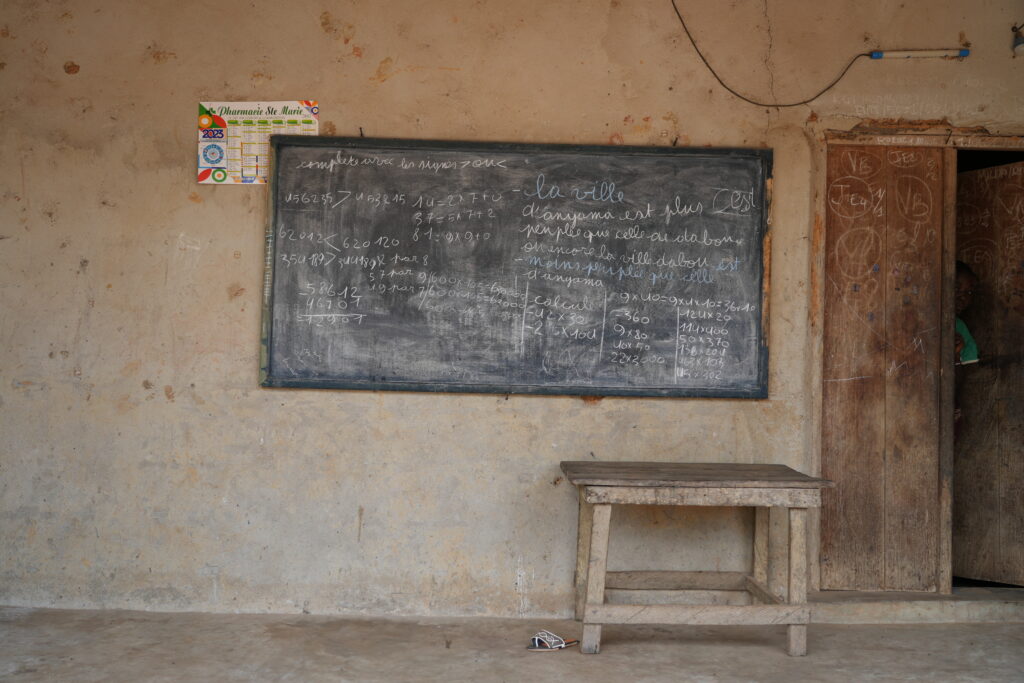
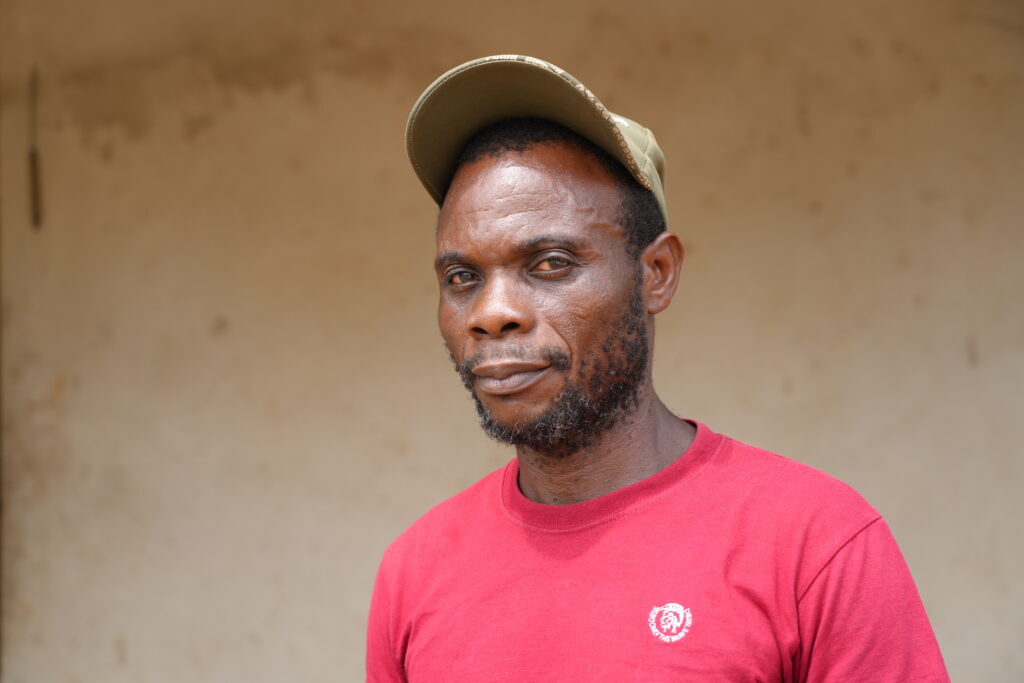
Neglected Tropical Diseases (NTDs) often leave their mark on the skin of those who have suffered from them. When you find yourself in a community where these diseases are endemic, such as Chièpo in Côte d’Ivoire, it is not uncommon to come across people who have had one of these diseases at some point in their lives. For those currently affected, access to early diagnosis and treatment can make a decisive difference as regards their quality of life, both in the present and in the future.
Ironically, it was a snakebite that led Kouamé Dakouri Alfonsse, 43, to get treatment for the leprosy he was unaware he had. He had been suffering from discomfort and lack of feeling in his hands for more than a year when a snake bit him on the leg one day while he was out in the countryside. Alfonsse says that if it had bitten him on his hand, he would not have noticed and would probably have died. When he went to see the district health officer to ask about getting an antidote for the bite, she also examined his hands and diagnosed him as suffering from a disease called leprosy. She encouraged him to go to the health centre for treatment, where he was prescribed a cream and several medicines, to be taken over six months. The treatment managed to improve his condition but, unfortunately, he still suffers from certain after-effects. His hands have become claw-like, which limits his ability to use the tools he needs to work in the fields.
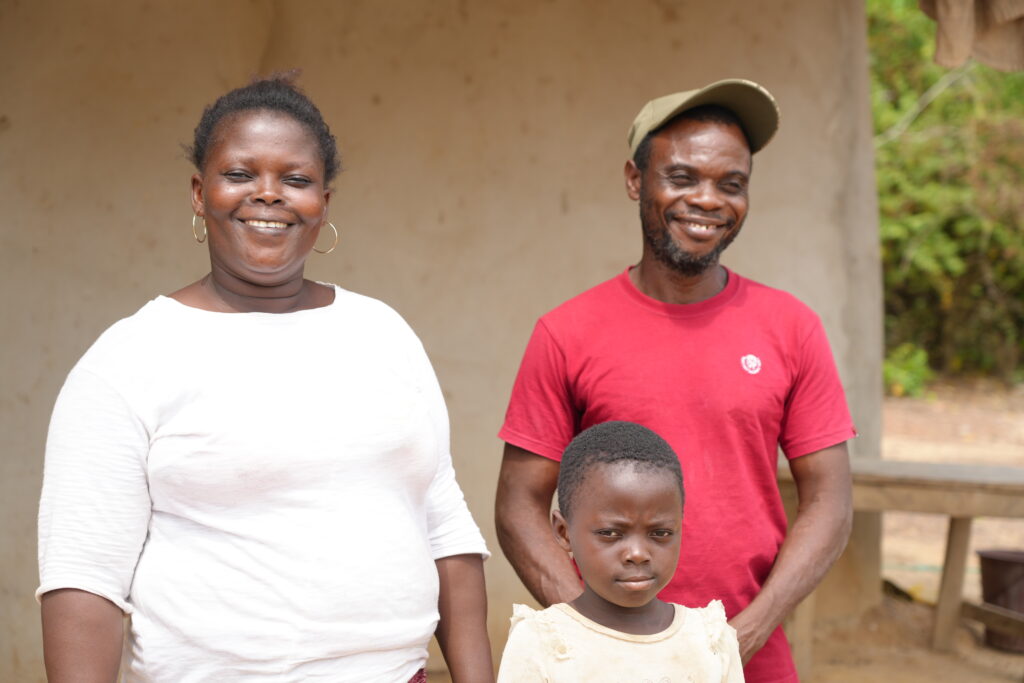
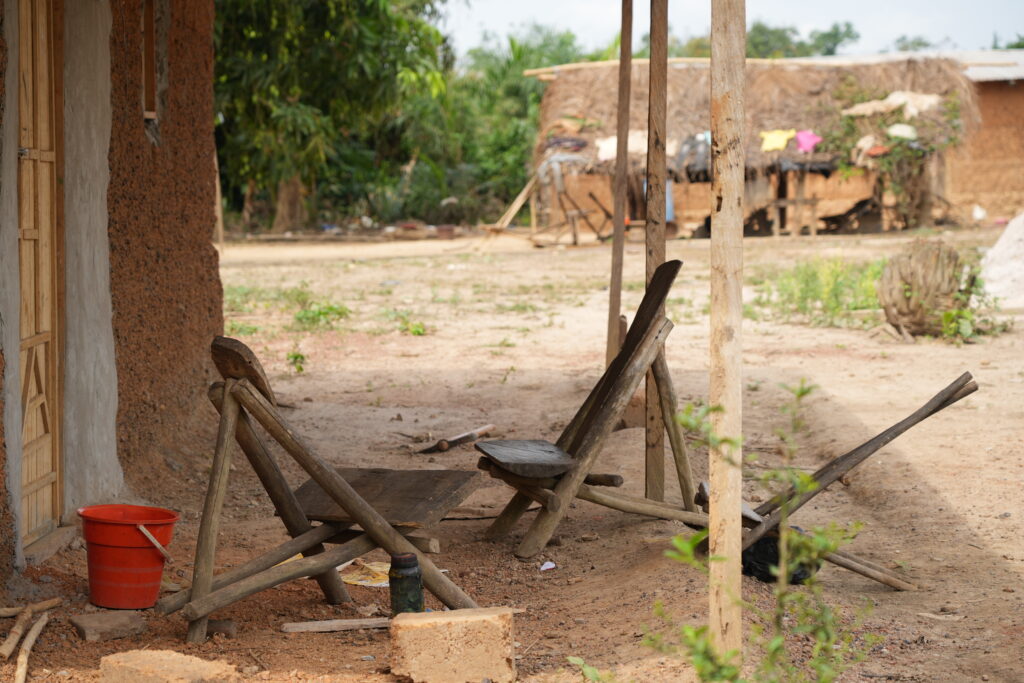
In addition to their physical consequences, the skin manifestations of NTDs can have a major impact on people’s social lives. This is the case of Yao Kouamé Kevin, who at the age of just 25 is dealing with a Buruli ulcer for the second time. This time, the ulcer has affected one of his eyes and, as a result, he shies away from people’s gaze. The first time he got sick, his family was able to afford the cost of the medication and he was able to continue his studies at school until he graduated. This time, however, his family situation is more complicated and Kevin does not think that he will be able to afford the treatment in the short term. Since receiving this second diagnosis, his life has changed radically. He has stopped going out with his friends and his day-to-day life has been reduced to waking up, going to work in the fields and hanging out with his two younger siblings.
Despite their different ages and different lives, Alfonsse’s and Kevin’s experiences with NTDs have one thing in common: the importance of access to diagnosis and medical treatment, including medication. Consequently, one of the main objectives pursued by the Anesvad Foundation in the project it is implementing in Chièpo is the early detection of these diseases. The aim is to ensure that no matter where a person is born, access to health is guaranteed.
